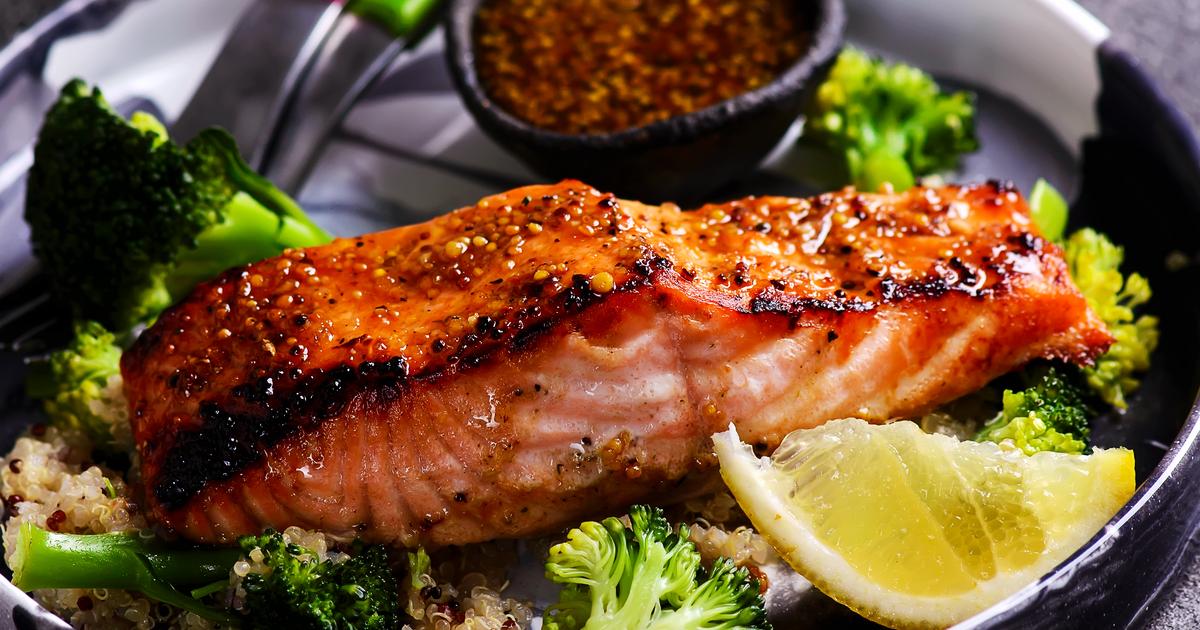Guidelines For The Fatty Liver Diet
Get Lots Of Omega-3 Fatty Acids

Patients with fatty liver disease may want to get lots of omega-3 fatty acids to boost liver health. Studies conducted in animals have shown omega-3 fatty acids may reduce liver scarring and inflammation, and they also improve insulin sensitivity and reduce fat in the liver. These results have been confirmed in small clinical trials conducted on humans. In addition, studies have shown omega-3s can reduce triglycerides, a key risk factor in the development of fatty liver disease. Fish such as mackerel, salmon, and herring are rich in omega-3s, and cod liver oil is also a good source of this nutrient.
For patients looking for plant-based sources of omega-3s, Brussels sprouts, chia seeds, hemp seeds, and walnuts are ideal. Research suggests fatty liver disease patients who consume walnuts have improved liver function tests as compared to individuals with the condition who do not eat these nuts. Although omega-3 fatty acid supplements and fish oil supplements are very popular, patients should always ask their healthcare provider before using these products, as they can sometimes interact with certain medications, including those used to reduce blood pressure. Where possible, it is always best to obtain these nutrients from food sources.
Avoid Processed Food And Added Sugar

Fatty liver disease tends to be more common in individuals who eat highly processed foods, and these foods often contain added sugar, an ingredient that can make it harder to control blood pressure and cholesterol. Health experts advise patients struggling with this condition to avoid processed food and added sugar in their diets. As a start, it can help to avoid purchasing boxed crackers, chips, and cookies at the grocery store.
Choosing healthier snacks such as fruit or wholewheat pita chips is recommended, and homemade cookies that use dates, bananas, or stevia as sweeteners are typically much healthier than their store-bought counterparts. Fast food is one of the major sources of both processed food and added sugars, and patients looking to lose weight are advised to cook at home whenever possible. A nutritionist can help with quick and affordable meal planning ideas.
